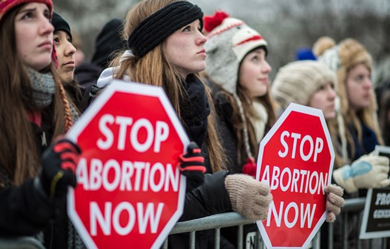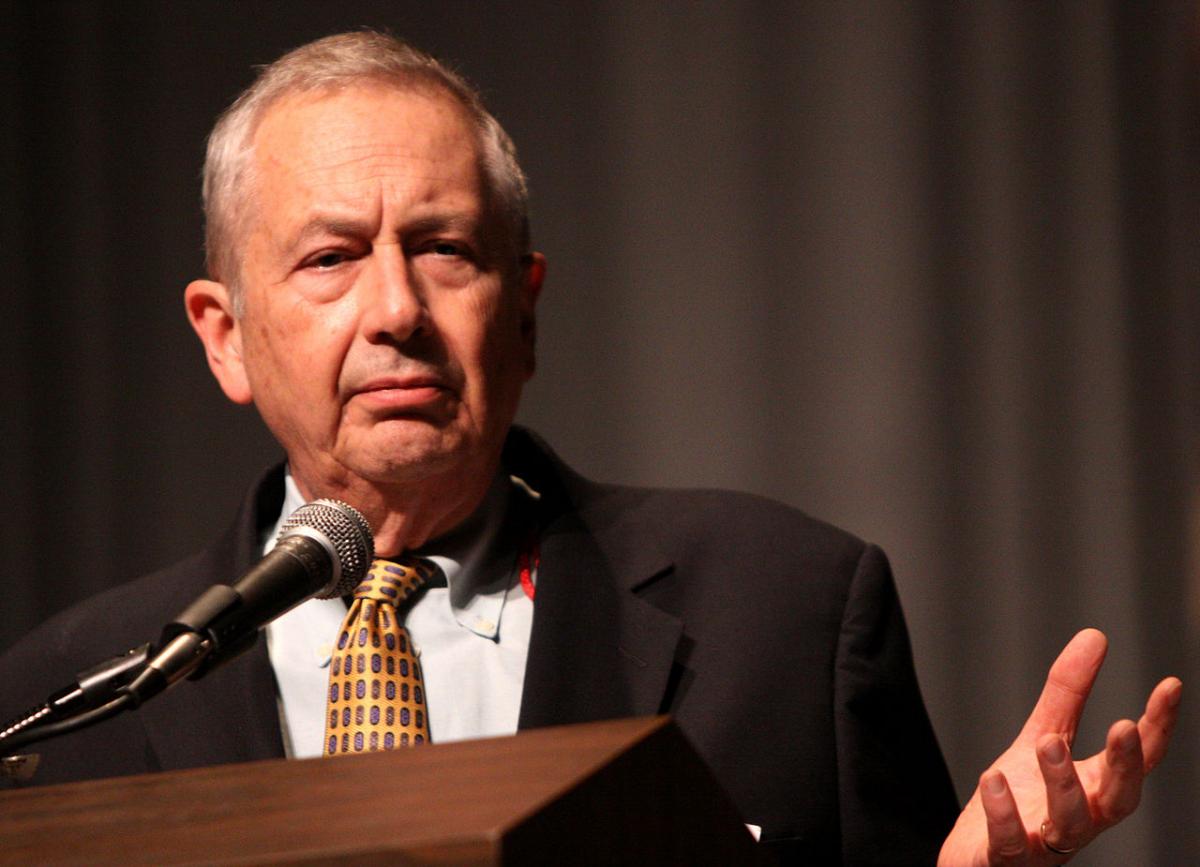This week, legislative committees in Alabama, Missouri and South Carolina approved so-called “personhood” measures that would, if successful, outlaw all abortions and even endanger some forms of birth control.
An Alabama House committee approved a proposed constitutional amendment today that would “define the term ‘persons’ to include all humans from the moment of fertilization.” If the state legislature approves the amendment, it will move to a statewide ballot referendum.
One doctor who testified in favor of the Alabama insisted that a fetus is “totally separate” from a woman and that “the mother only contributes the egg and the incubator.”
In Missouri, a House committee approved a similar measure yesterday which would put a constitutional amendment on the ballot defining “persons” to include “unborn human children at every stage of biological development.” The Missouri amendment, however, seems designed to avoid going head-to-head with Roe v. Wade, stating that it can only be enforced “to the extent permitted by the federal constitution.” The anti-choice group Live Action said that the amendment would ensure that Missouri “has clear legal protection from conception onward in place, should Roe v. Wade be eventually overturned.”
“Personhood” amendments, even when they do make it through state legislatures, have a horrendous record at the ballot box. Recent attempts to pass such amendments in the deeply conservative states of Mississippi and North Dakota failed spectacularly, and Colorado voters have rejected “personhood” multiple times.
That won’t be an issue in South Carolina, where a Senate committee approved a “personhood” bill sponsored by Sen. Lee Bright — a state co-chair of Sen. Ted Cruz’s presidential campaign — yesterday. Bright dismissed questions about the possibly troubling consequences of the bill by saying, “When you get around the edges, there may be some questions we don’t have all the answers to but allowing all these children to lose their lives to me is unacceptable.” Bright said that he hoped the bill would spark a challenge to Roe v. Wade, which he called one of his “missions in life.”
This post has been updated to include information about the South Carolina bill.







